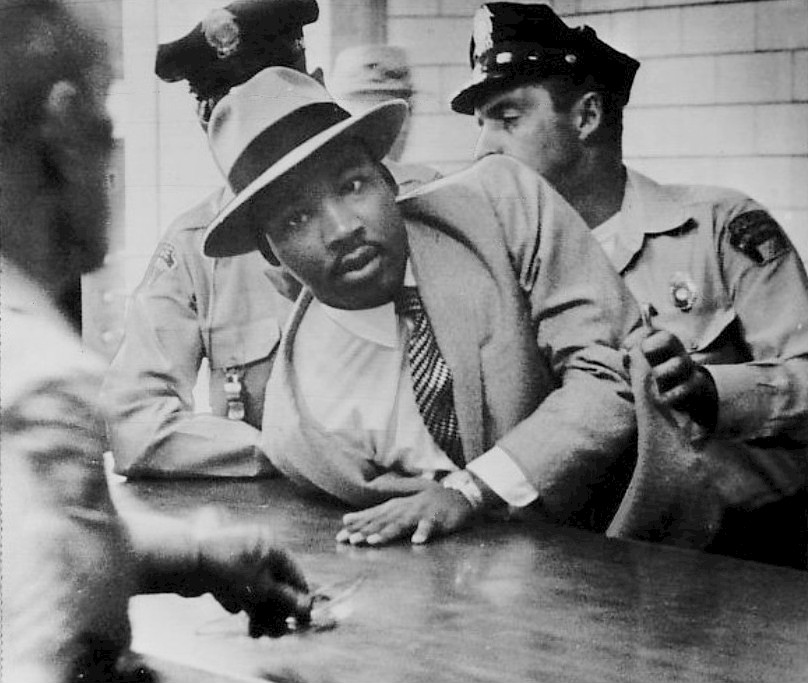How do you react when your child is called a “slave” during Black History month by the teacher? Now imagine you are one of a few Black families in a mostly White and very upper income school. And this is a school that professes “colorblindness”, which to most Black folks means that the school is in denial, and unwilling to honestly look in the mirror.
And we know the drill. We are “pulling the race card” if we complain about racism or bias. If we come in angry—which we should be. We are “aggressive.” Shit they might even throw a stay away order on a brother. In fact they probably have.
I felt for this parent. The limited choices we have. How even when we kind of make it to the good schools, there is a whole nuther ongoing cold war to be fought for the dignity of your child. Or as a child, for you sense of self.
They may have begrudgingly, or not, invited you to the dance, but the DJ isn’t taking any requests, and you better learn to waltz quick, lest you flunk out.
Check Your Identity at the Schoolhouse Door
I really felt for this parent because I was that kid. One of less than a dozen Black kids in school, where I had to check my identity at the door. Where my mom taught us the Black nationalism of the 60’s and 70’s and we played the Black History board game for fun.
School was different.
I was told to sit out of colonial day in elementary school because I didn’t have a role. Never a Black teacher or sub in my whole academic career. Don’t think there was a Black or Brown author either. No Black history, no African history. When someone would say something like “your ancestors are slaves” the teacher would just say “that’s not nice.”
When someone drops the N word and you double them over with a kick to the stomach you are wrong.
There were just these moments, when you knew you didn’t fit in. It wasn’t all the time or even often, but those moments stuck in time with me—they are still here. The past isn’t dead, it’s not even past, it’s still here, and it’s being written in these classrooms daily.
The soft and not so soft bigotry of low expectations
And there were lower expectations for you if you were a Darkie. In a lot of cases I think there still are. You had to earn your way into the higher level classes, and for some of us, you were just naturally placed in special education.
Testing actually saved me, because I tested very well, which gave me confidence that had been taken away by teachers. Standardized tests were used for middle school placement, at least in math and English, and once you are on that track you tend to stay on it.
But there were other times I would start the year in lower tracks, where other kids would ask me why I was in class with them, knowing I was “smart.”
A New Education Majority
The majority of public school students nationwide are students of color. The vast majority of public school parents in Oakland are parents of color. But how much do we really listen to their feedback? Where is the feedback loop to include them in policy creation? How do we use their insights to make things better?
I don’t think my experience was unique or that the parent I spoke to was either. Too often, the hard work of integration falls on families of color, sacrificing their dignity for a better academic chance, a kind of Sophie’s choice—your dignity or your kid’s life.
I do appreciate the thoughtful work that is starting in Oakland around integration and with some of my colleagues nationally. There is power in the idea that this is a school improvement strategy that many of us, who may not agree on other reforms, can agree to.
It will be hard work to address the ingrained legacies accumulated over centuries in our schools and school systems in a single generation. But that doesn’t excuse inaction.
And education is the best option for social mobility for all races, but particularly for Black, Brown and low income children, the difference between a good education, and not, can be basically a satisfying life or death or “natural life”—if you know what I mean.
I know how hard it will be to do this. The dark corners put under light, accumulated anger and yawning achievement gaps. But I think this has to start with actually listening to these parents about their experiences, taking them seriously, and building schools around their insights.
That would be a revolutionary reform that might actually work.

